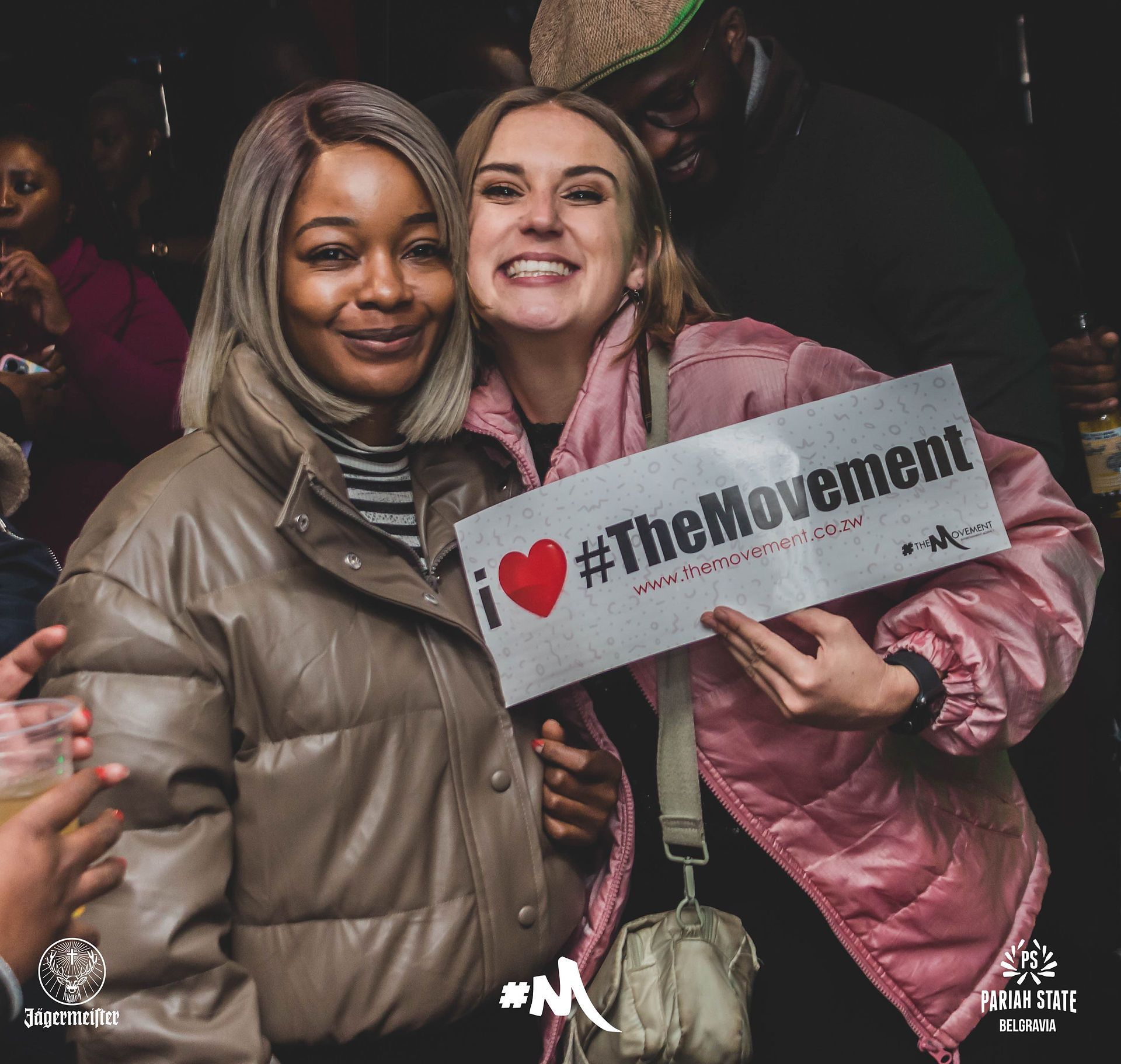Hatiperi: A New Generation of Local Fashion Brands
- Carmel Kundai

- Oct 8, 2023
- 2 min read

1. Introduction
When thinking about the commercial scene in Zimbabwe, it can be easy to gloss over the local brands that are sprouting up and thriving across the country. The phrase “Zimbabwean fashion”, in itself, feels like an oxymoron.
Between the substantial bhero ecosystem that you can purchase clothing from, imports from South Africa, and the growing number of sellers buying products from Shein and Alibaba, there doesn’t seem to be much room for homegrown fashion designers to make their mark.
However, everything is not what it seems. Throughout the next few weeks, we’ll be diving into the businesses of various fashion brands started by Zimbabweans for Zimbabweans.
Today, let’s look at Hatiperi.
Table of Contents

2. Who is Hatiperi?
Hatiperi is the social personality and brand of the young creator Tinotenda Matayi. Hatiperi is well-known for his comedic writing and videos on platforms like Twitter, Instagram, and TikTok. He has over 100,000 followers and well over 1 million likes and comments across platforms.
These numbers in themselves do not equate to anything tangible. This is where an intentional plan and business strategy come into play.
3. Community and Business
Rather than using his videos to seek fame in itself, Hatiperi uses his platform as a gateway into deeper conversations, as well as to build the two arms of his fashion brand Hatiperi Corporate Wear and Hatiperi Streetwear.
In July of this year, Hatiperi spoke at Business Networking 1.0. This was a entrepreneurship conference hosted by Owen Magengezha, another business owner popular in the Zimbabwean social media space.
During his session, Hatiperi spoke on the importance of work ethic, fostering genuine connection with those around you, and creating spaces where others also want to build with you.

This is exactly what Hatiperi does with his own business structure. The laidback nature of his social media accounts allow him to welcome in youth across Zimbabwe into a conversation about building a life bigger than any one person’s history.
From there, he has been able to use these conversations to foster deep connection with his audience, as well as with other recognisable figures like Jah Prayzah and Holy Ten.
This foundation of connection and optimism has allowed him to further grow his existing custom corporate wear brand. When he launched the streetwear arm of his company in 2018, his community was more than ready to proudly show that they too believed in Hatiperi’s motto that “In God, Hatiperi”.

4. Conclusion
The power of common belief systems and community is not new, and is a common tool that independent creators across the world are using to build value-based, profitable companies.
It’s exciting to see that entrepreneurship of this kind is not relegated to Western creators or creators with millions of followers. This kind of entrepreneurship also has a place in the Zimbabwean business ecosystem.
All the best to Hatiperi as he moves forward in this journey to build a fashion brand that can exist outside of himself.
To get updates on new articles, follow @the_movement263 on Instagram.

.png)








Comments